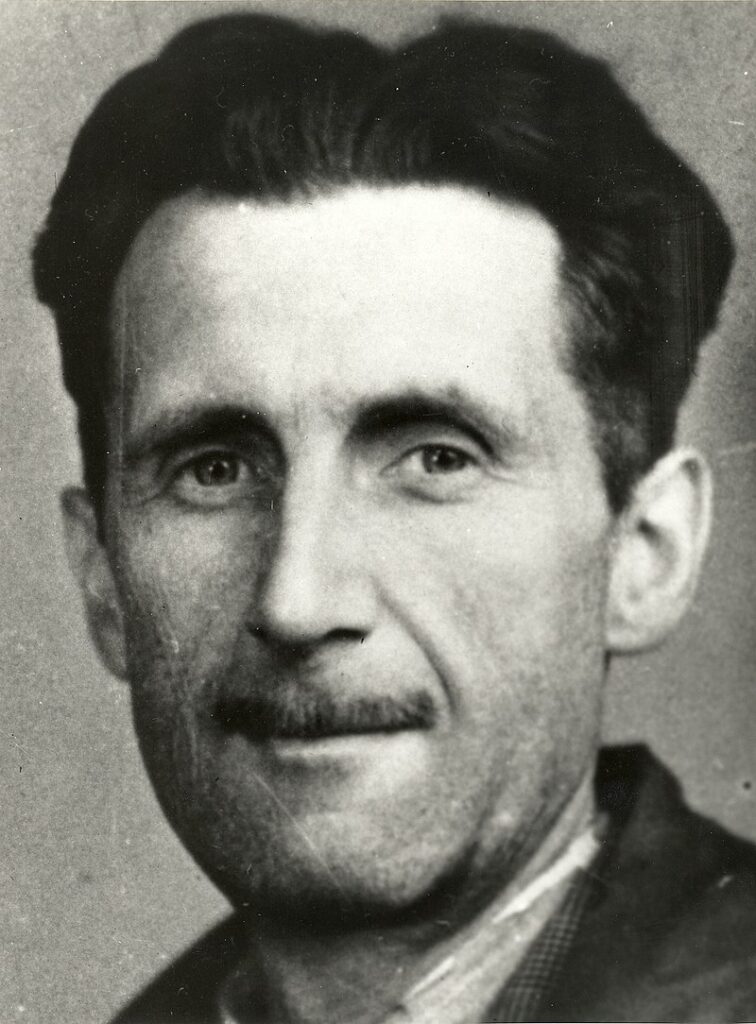Essays! Oh no! Not again!
Worry not. Once you’ve finished formal education you are unlikely to have to write an essay, unless you want to.
That’s right, some people choose to write essays. The good news is that essays can be really entertaining and engaging: you may enjoy reading all the works mentioned in this article as we have chosen to focus on the ones that are the most fun and approachable!
The best essay writers of all time are George Orwell, Virginia Woolf, Joan Didion, Haruki Murakami, and Jonathan Swift. In their works you will find humor, humanity, intense wit, and arguments for the betterment of humankind. They’re great to read and nourish the mind and soul!
What is an Essay?
Most of us had to read and write essays at school. The word still gives me the cold sweats.
But what is an essay exactly? And what is not?
It’s pretty broad to be honest. The word essay was first used by Michel de Montaigne (1533–1592). He used the French word essayer, which means ‘to try’. He thought of what he had written as an attempt to get his thoughts on paper, or to make his argument. So an essay is an ‘attempt’! Sounds like a pretty accurate description of most of my high school papers.
These days, essays are usually reasonably short. The sort of thing you could read in a single setting: otherwise they start to fall into other categories of writing. There are some longer essays, but they are the exception.
Two categories split the body of work. Formal essays are what we were taught to write in the education system. They have all the features associated with formal writing, like introduction + conclusion, and a logical argument that progresses and is substantiated throughout.
Informal essays are thoughts and argument recorded in a way that is more personalised, and not as restricted by rules. The author is likely to write from a personal and perhaps intimate perspective, as though sharing a subjective position, rather than trying to position their arguments as objectively true.
Why are Essays Popular?
It might be surprising to learn that essays are hugely popular, or it might not!
Columns written by popular figures in the media fall under the definition of essays. Anywhere someone organizes their thoughts on the page for the purpose of communication with others comes close. So Carrie’s column in Sex and the City is probably an essay.
Essays can also have profound effects on the world politically, and immediate effects for individuals too. When we look at the essayists below we’ll go into more detail.
Essays are popular because they convey important information to readers, often in a way that is highly accessible, or highly entertaining.
Are Essays Important?
Essays are very important.
Essayists like Joan Didion help us to understand ourselves, and the society we live in.
Ideas and movements often begin as essays. Before an idea is turned into a law, it usually comes into the world in the form of an essay. This is one reason that universities remain a powerhouse of intellectual development. Movements like feminism often begin, or have their clearest enunciations, on university campuses partially because these institutions pump out thoughtful essays for the world to consider and debate.
Essays can also be very entertaining. Especially informal ones. The ability of the formal essay to entertain while offering information for consideration makes the form important and valued!
Who Are the Best Essayists of All Time?
George Orwell

Orwell is one of the most celebrated essayists in the English language. Irving Howe has written that Orwell was “the best English essayist since Hazlitt, perhaps since Dr Johnson”.
He wrote on a wide variety of subjects, often commissioned by newspapers, and in this way was a very popular essayist. He wrote extensively about English culture, and Englishness.
He also wrote highly influential political essays, and focussed on documenting international politics.
He wrote about the use of language, and his essays on style are still influential. Here are his rules for good writing.
- Never use a metaphor, simile or other figure of speech which you are used to seeing in print.
- Never use a long word where a short one will do.
- If it is possible to cut a word out, always cut it out.
- Never use the passive where you can use the active.
- Never use a foreign phrase, a scientific word or a jargon word if you can think of an everyday English equivalent.
- Break any of these rules sooner than say anything outright barbarous.
He is famous for the lengths he went to to prepare his essays: for instance he tried to have himself incarcerated in order to write about prison. He also spent time ‘tramping’ up and down England with people who were without a home to learn more about financial struggles.
Virginia Woolf
Woolf is a towering figure in the world of novels and essays. She is one of the leading figures in feminist thought, and regarded as one of the best novelists of all time.
Her essays were highly influential in shaping feminist theory, especially A Room of One’s Own, which is based on a couple of Woolf’s lectures. She argues that an individual must have a room of one’s own, and sufficient money to survive, in order to write: these items have been denied to women.
She invents a character by the name of ‘Judith Shakespeare’ and uses this passage to demonstrate the way in which a sister of Shakespeare’s would not have had the opportunities available to Shakespeare.
This essay has been adapted into many mediums, including some wonderful theatrical performances.
Joan Didion
Once you read Joan Didion, you never forget it. She became a cultural phenomenon and is still popular and revered today.
A phenom from the outset, she is considered one of the pioneers of ‘new journalism.’ She focussed particularly on 60s culture, Hollywood culture, and Californian culture more broadly. As Californian culture was so influential at that time, and is still to this day, her writing was of international interest.
Check out The Year of Magical Thinking, or Slouching Towards Bethlehem.
Haruki Murakami
Murakami is a Japanese writer of international stature who has won an enormous number of awards primarily for his fiction. His work is engaged with Western culture to the extent that some in the Japanese literary establishment refer to him as un-Japanese.
He has also contributed a number of highly influential essays. See ‘What I talk about when I talk about running’. In this work he discusses his relationship with marathon running: he has completed an ultra marathon – 100 kms!
Jonathan Swift
It’s hard to accurately describe Swift’s influence on Western culture. The Encyclopædia Britannica describes him as the leading satirist in the English language … that’s impressive. There have been quite a few satirists in the English language.
Gulliver’s Travels is a hugely entertaining and satirical novel which pokes fun at all different types of people, big and small!
He was a humanist and decried injustice wherever he spied it. For instance, he wrote an essay titled ‘A Modest Proposal for Preventing the Children of Poor People in Ireland Being a Burden on Their Parents or Country, and for Making Them Beneficial to the Publick’. In this, as a joke, he proposes selling Irish children as food for the rich. While also dropping all sorts of hints about the types of reforms in Ireland which would actually make a difference to the lives of the Irish poor.
Conclusion
So there you have it. The best essayists. You now know all you need to know to get started on a lifelong journey of essay reading, and potentially writing! Feel like you have something to say? Well, you probably do! Get it down on paper in the form of an essay: either a formal one, or a more informal one if you want to appeal to your reader on a personal level. We hope you enjoy reading the essays mentioned above, and go out seeking even more great writing to nourish your mind and heart.

